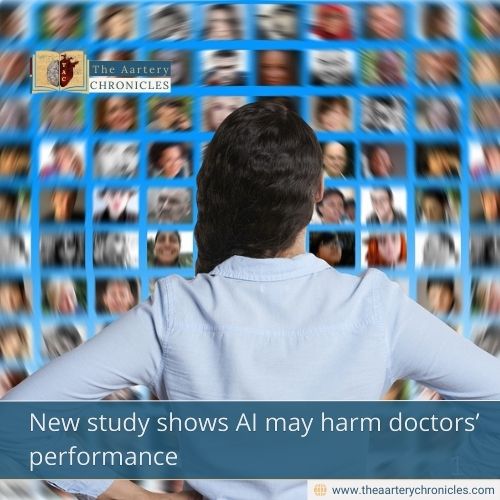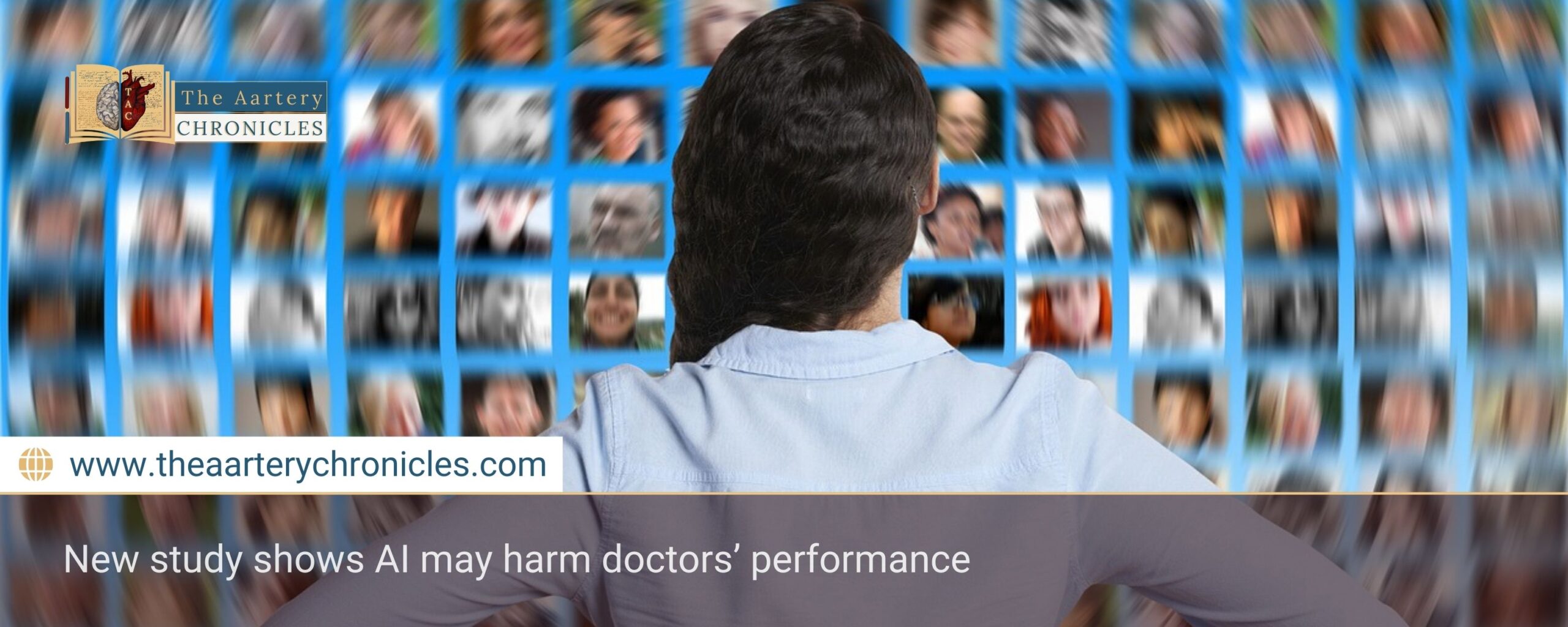

New study shows AI may harm doctors’ performance
Artificial Intelligence (AI) is increasingly being used in healthcare to support doctors in diagnosing and treating patients. While its benefits are undeniable, a recent study published in The Lancet Gastroenterology and Hepatology has raised new concerns. The findings suggest that dependence on AI may deskill doctors over time, potentially reducing their ability to perform certain tasks without technological assistance.
Why Does This Matter?
According to lead researcher Dr. Marcin Romarnczyk from the Academy of Silesia, this is the first study to show that regular use of AI might harm healthcare professionals’ skills in a crucial medical task. He warned that the growing adoption of AI in medicine makes it urgent to study its long-term effects on doctors’ abilities across different specialities.
Another author, Dr. Yuichi Mori from the University of Oslo, pointed out an important consideration. Previous studies found that AI-assisted colonoscopies improved detection rates. However, he suggested that doctors who constantly rely on AI might become less effective when performing procedures without it, meaning the technology could unintentionally reduce their independent performance.
The Human Factor: Over-Reliance on Technology
The researchers highlighted a possible explanation: when doctors are frequently exposed to AI decision-support systems, they may naturally start trusting the technology too much. This over-reliance could make them less alert, less motivated, and less responsible for making their own judgments.
Expert Opinions
Not everyone sees this as a major drawback. Dr. Vidur Mahajan, founder and CEO of CARPL.AI, believes the focus should be on how AI can help every doctor reach the level of the best specialists worldwide. He compared it to using Google Maps, saying, “Imagine a driver who refuses to use navigation today, would you trust them more?”
According to him, technology is inevitable, and rather than worrying only about deskilling, the medical community should explore ways to embrace AI responsibly while ensuring that doctors maintain their critical skills.
Conclusion
This study sheds light on an important issue: while AI can be a powerful partner in improving medical care, dependence on AI may deskill doctors if it replaces, rather than supports, clinical judgment. Striking a balance between technology and human expertise will be key to ensuring that patients receive the safest and most effective care.
Source: Inputs from various media Sources
I’m a pharmacist with a strong background in health sciences. I hold a BSc from Delhi University and a pharmacy degree from PDM University. I write articles and daily health news while interviewing doctors to bring you the latest insights. In my free time, you’ll find me at the gym or lost in a sci-fi novel.
- Priya Bairagi
- Health News and Updates,People Forum
- 29 August 2025
- 15:00








